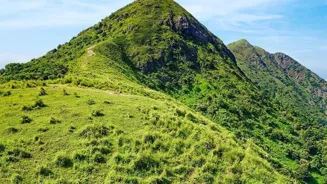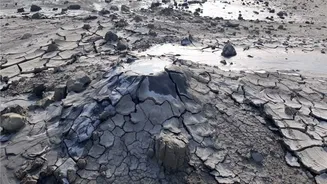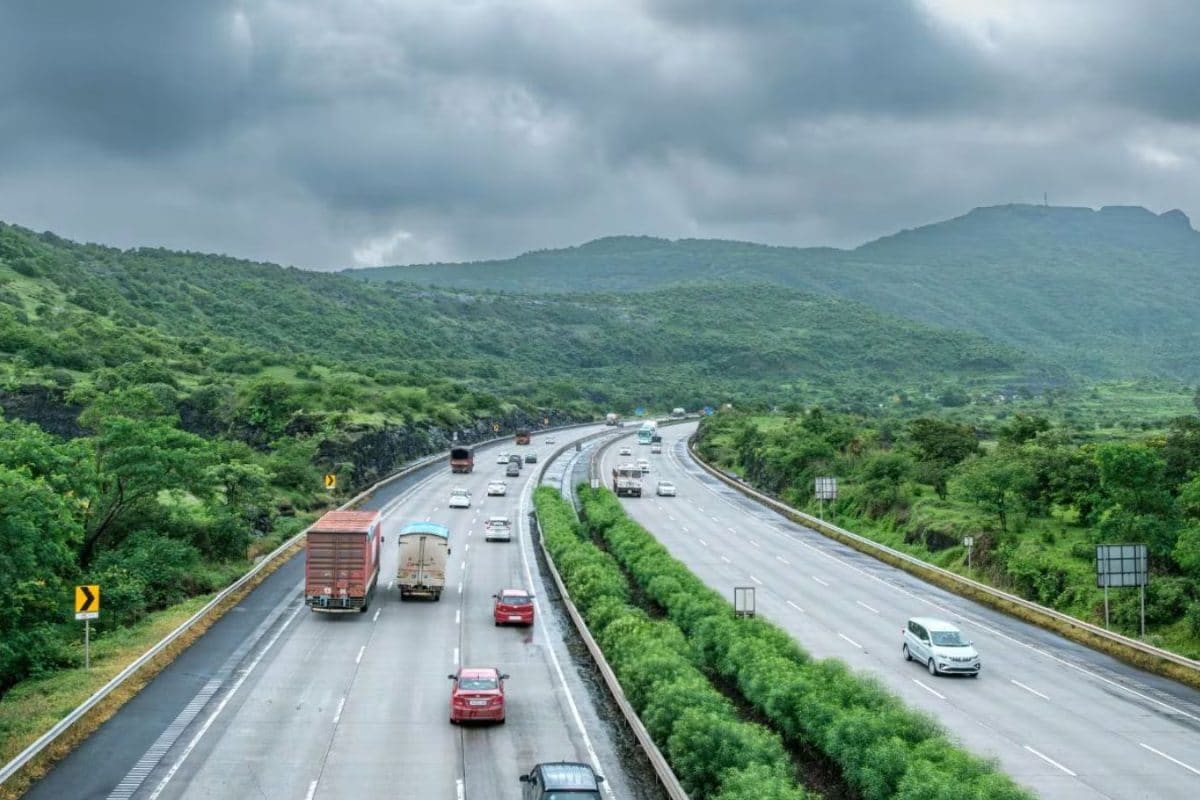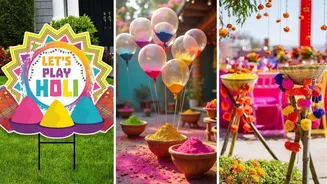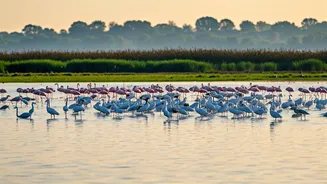Embark on an Epic Backpacking Adventure in India: Essential Tips Await! Dive into the ultimate guide for beginners now!
Planning your first backpacking trip, eh? Fantastic! India, with its diverse landscapes
and vibrant culture, is a backpacker's paradise. But venturing out into the unknown can be a tad daunting. Fear not, budding traveller!
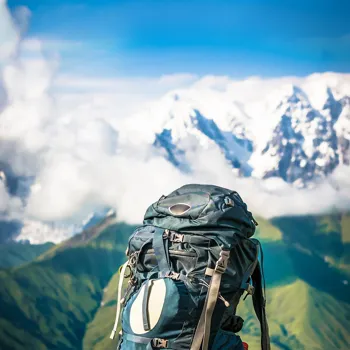
This guide will equip you with ten essential tips to make your maiden backpacking adventure a resounding success. We'll cover everything from packing light to staying safe, ensuring you have a memorable and hassle-free experience. So, grab a cup of chai, settle in, and let's get started!
Pack Light, Travel Right
This is the golden rule of backpacking. Seriously, it is. Imagine lugging a massive suitcase through winding mountain paths – not exactly the fun adventure you envisioned, right? The key is to be ruthless with your packing. Lay out everything you think you need, then eliminate half of it.
Choose lightweight, quick-drying fabrics. Roll your clothes instead of folding them to save space. Think multi-purpose items: a sarong can be a towel, a scarf, or even a makeshift curtain. Invest in a good quality backpack that fits you well and distributes weight evenly.
A comfortable backpack is an investment in your physical well-being and overall travel enjoyment. Don't compromise on this! Remember, you'll be carrying this thing for hours, so make sure it’s your size and that you know how to adjust the straps for optimal comfort.
Consider using packing cubes to organize your belongings and compress your clothes even further. This also makes it easier to find what you need without rummaging through everything. Finally, weigh your backpack before you leave home.
A general guideline is that your backpack should not weigh more than 20% of your body weight. Aim for less if possible. Your back will thank you! Think practical and useful items you need based on the adventure to pick. Ensure it suits the overall activity that you choose.
Plan Your Route (But Be Flexible)
While spontaneity is part of the backpacking charm, having a basic itinerary is crucial, especially for beginners. Research your destinations beforehand. Know how to get from one place to another, estimated travel times, and accommodation options.
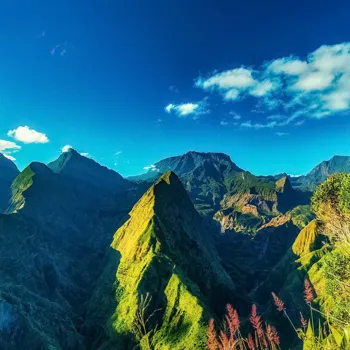
Book your first few nights of accommodation in advance, especially if you're arriving late at night or during peak season. This gives you a safety net and allows you to de-stress after a long journey. However, don't be afraid to deviate from your plan!
The best backpacking experiences often happen when you stumble upon unexpected places and meet interesting people. Leave room for flexibility in your schedule so you can embrace the unexpected. Talk to fellow travellers, locals, and hostel staff for recommendations.
They often have insider knowledge about hidden gems and off-the-beaten-path destinations. Be open to changing your plans based on their suggestions. Remember that travelling is more about the journey than the destination.
So, don't be afraid to slow down, linger in places you enjoy, and embrace the detours. Travel in India will require planning. Be sure that we have basic planning of your travel beforehand.
Budget Wisely
Backpacking doesn't have to break the bank. In fact, it's often a very budget-friendly way to travel. But careful budgeting is essential to make your money last. Track your expenses diligently. Use a budgeting app or simply keep a notebook to record your spending. Look for free activities.
Many cities offer free walking tours, parks, and museums on certain days. Take advantage of these opportunities to explore without spending money. Embrace local transportation. Buses and trains are generally much cheaper than taxis or private cars.
They also offer a more authentic travel experience. Eat like a local. Street food and small restaurants are not only delicious but also much more affordable than tourist-oriented establishments. Negotiate prices respectfully when shopping in local markets. It's part of the culture!
But always be polite and fair. Consider using a travel credit card that offers rewards or cashback on your spending. Shop for basic clothes. Buy cheap clothes that makes you feel comfortable and do not care about getting them wet. Always keep track on expenditure that you do daily.
So that you can save for emergency.
Stay Safe and Secure
Your safety is paramount. Always be aware of your surroundings. Avoid walking alone at night in poorly lit areas. Keep your valuables secure. Use a money belt or a hidden pocket to store your passport, cash, and credit cards.
Make copies of important documents, like your passport, visa, and travel insurance, and store them separately from the originals. Share your itinerary with family or friends back home so they know where you are. Learn a few basic phrases in the local language.
This can be helpful in emergencies and show respect for the local culture. Be cautious about accepting drinks or food from strangers. It's always best to be polite but firm. Trust your instincts. If something feels wrong, it probably is. Remove yourself from the situation immediately.
Carry a small first-aid kit with essentials like bandages, antiseptic wipes, pain relievers, and any personal medications. Register with your embassy or consulate in case of emergencies. Be aware of local customs and laws. Respect local traditions and dress modestly when appropriate.
Embrace Local Culture
One of the greatest joys of backpacking is immersing yourself in new cultures. Be open-minded and respectful of local customs, traditions, and beliefs. Learn a few basic phrases in the local language. Even a simple "Namaste" or "Thank You" can go a long way. Try local cuisine.
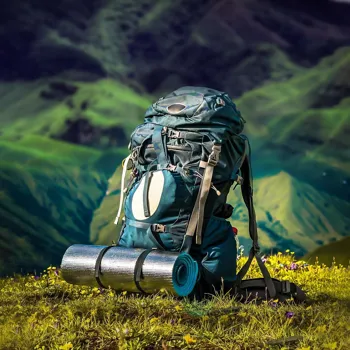
Food is an integral part of any culture, so be adventurous and sample the local delicacies. Attend local festivals and events. This is a great way to experience the culture firsthand and interact with local people. Dress modestly when visiting religious sites.
Take off your shoes before entering temples or mosques. Be mindful of your body language. Avoid making rude gestures or speaking loudly in public places. If you're invited to someone's home, bring a small gift as a token of appreciation. Be a responsible tourist.
Respect the environment and avoid littering. Support local businesses and artisans. Do not bargain aggressively with vendors, it’s considered very disrespectful in India. Be sure to be respectful towards everyone you meet.
Stay Connected (But Disconnect Wisely)
In today's world, it's easy to stay connected with family and friends back home. But while staying connected is important, it's also important to disconnect from technology and fully immerse yourself in your surroundings. Buy a local SIM card to stay connected affordably.

This will also give you access to local data for navigation and research. Use Wi-Fi in cafes and hostels to check your email and upload photos. But don't spend all your time glued to your phone. Let people that you are safe if you travel solo.
Spend time talking to locals, meeting fellow travellers, and observing the world around you. Disconnect from social media and focus on the present moment. Take photos sparingly. Enjoy the experience without feeling the need to document every single moment.
Remember, backpacking is about self-discovery and connecting with the world around you. So, unplug, unwind, and embrace the adventure! Travel safe and ensure every thing is perfectly placed. Ensure that you are safe and do not take risk.
Respect the Environment
As you travel through India's stunning landscapes, remember to leave no trace behind. Practice responsible tourism by minimizing your environmental impact. Avoid using single-use plastics. Carry a reusable water bottle, shopping bag, and cutlery. Dispose of your trash properly.
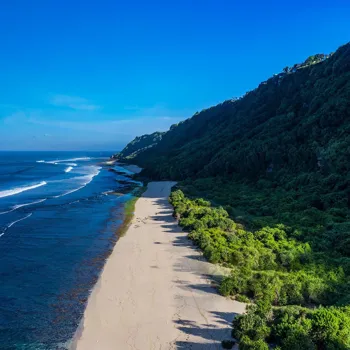
Do not litter in public places or natural areas. Support eco-friendly accommodations and tour operators. Choose businesses that are committed to sustainability and responsible travel practices. Conserve water and energy. Turn off lights and air conditioning when you leave your room.
Do not disturb wildlife or their habitats. Observe animals from a safe distance and avoid feeding them. Be mindful of your carbon footprint. Consider offsetting your carbon emissions by donating to environmental organizations.
Educate yourself about the local environment and learn about the challenges it faces. Speak up against environmental degradation and advocate for responsible tourism practices.
Learn Basic First Aid
Accidents can happen anywhere, so it's crucial to be prepared. Take a basic first-aid course before your trip. Learn how to treat common injuries like cuts, burns, sprains, and insect bites. Pack a comprehensive first-aid kit with essential supplies.
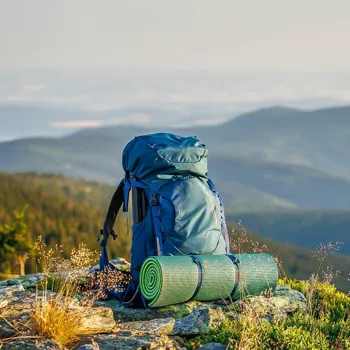
Include bandages, antiseptic wipes, pain relievers, antihistamines, and any personal medications. Know how to recognize and treat altitude sickness. If you're travelling to high altitudes, ascend gradually and drink plenty of water. Be aware of the symptoms of heatstroke and dehydration.
Stay hydrated and avoid strenuous activity during the hottest parts of the day. Learn how to identify and treat venomous snake and insect bites. Seek medical attention immediately if you are bitten. Know how to perform CPR. This life-saving skill could be invaluable in an emergency.
Be aware of local health risks and take necessary precautions. Consult your doctor about vaccinations and medications before your trip.
Document Your Journey (But Live in the Moment)
Keeping a travel journal is a great way to preserve your memories and reflect on your experiences. Write down your thoughts, feelings, and observations each day. Take photos to capture the beauty of the places you visit and the people you meet.
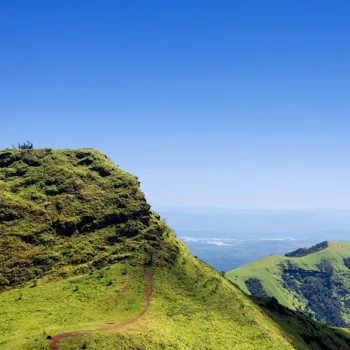
But don't get so caught up in documenting your journey that you forget to live in the moment. Put your camera down and focus on experiencing the world around you. Engage with your surroundings and be present in the moment. Talk to locals, try new things, and embrace the unexpected.
Remember that the best travel memories are often the ones that you don't capture on camera. Share your travel stories with others. Inspire others to travel and explore the world. But don't brag or compare yourself to others. Travel is a personal journey, not a competition.
Be Open to New Experiences
Backpacking is all about stepping outside of your comfort zone and embracing new experiences. Be open to trying new things, even if they seem scary or challenging. Say yes to opportunities that come your way. You never know where they might lead. Talk to people from different backgrounds.
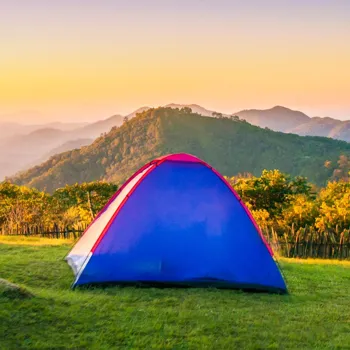
Listen to their stories and learn from their perspectives. Be willing to change your plans. The best travel experiences often happen when you least expect them. Don't be afraid to make mistakes. Mistakes are a part of the learning process. Embrace them and move on. Be patient and adaptable.
Things don't always go according to plan, so be prepared to adjust. Have a positive attitude. A positive attitude can make all the difference in a challenging situation.
Backpacking in India: prepare for safe, enjoyable adventure
Backpacking in India is an incredible experience. With a little planning and preparation, you can have a safe, enjoyable, and unforgettable adventure. So, pack your bags, grab your passport, and get ready to explore the wonders of India!

Remember to be respectful, open-minded, and responsible, and you'll be sure to have an amazing time. Enjoy your trip!
AI Generated Content. Glance/InMobi shall have no liability for the content